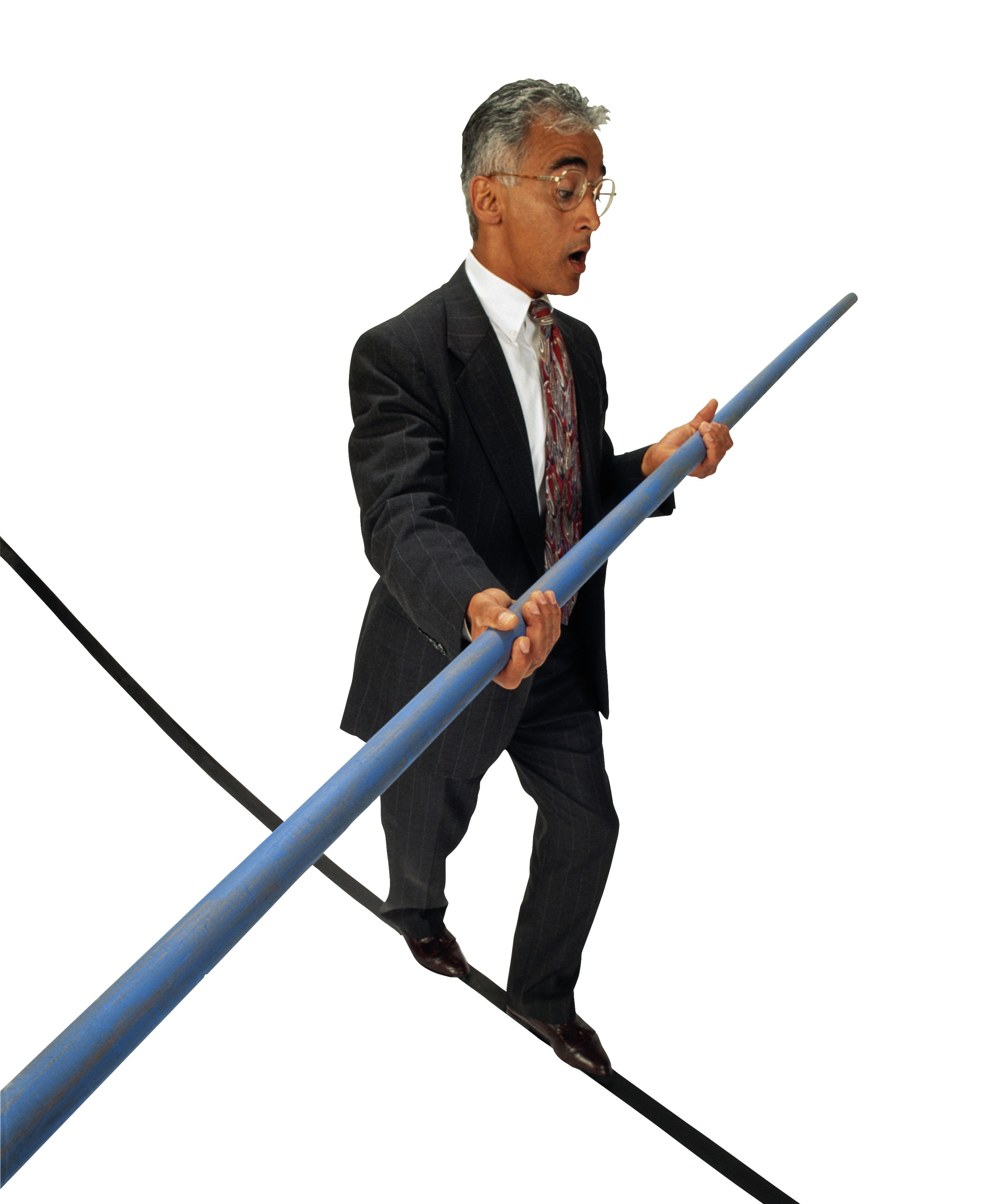
Philosophy and physics
At this very moment we are in the process for certification in social responsibility of a university under the standard WORLDCOB -CSR: 2011.3.
The standard is intended for companies and although their requirements are quite general, there are some differences between CSR and RSU.
Somehow they are issues that are still under philosophical discussion and that means that as an organization we must fix a position. But sometimes more interesting than the final position is the process and questions that arise:
Is it possible to consider any kind of corporate or institutional responsibility if it is not based on people with responsibility?
Who are those responsible for the formation of people and their development as conscious and critical citizens?
- a) Family?
- b) Religion?
- c) School, academy…university?
- d) All the above
Should a particular ethics be transmitted? A package of turnkey values ready to use? Or should a critical thinking space be generated for each individual to develop its own personal values? And of course ensure the framework of respect and tolerance.
But as the topic is very broad and universities are the basis of analysis today, we can focus the questions to them.
Do our universities, in their daily functioning, train really professional responsible citizens, aware of their role and able to lead positive changes in their country or rather egocentric professionals, accustomed to hierarchical relationships and who understand the common life in terms of struggle and ambition?
But the RSU also implies a space for reflection, analysis and innovation within the university, questioning its role towards society.
The axes of the social commitment of universities were traditionally structured in the discursive aspect in the “professionalizing” teaching, professional and social research and extension oriented to transfer knowledge to the population not covered by the university. This commitment is reinforced in the autonomic logic and public financing that facilitated a critical awareness and a political – social role of its various strata.
From our point of view, we can say that the University acts according to CSR if its activities as an organization take into account the requirements of the standard.
By common sense we can also find a point of great interest that is the formation of socially responsible professionals. Professionals who enter the labor market with training in sustainability and as responsible citizens, aware of their privilege, role and responsibility.
WORLDCOB supports the United Nations Global Compact and promotes the “Principles for Responsible Management Education ” ( PRME ) that provide a framework for academic institutions to widely promote the cause of corporate social responsibility and incorporate universal values into curricula and research .
PRME is a voluntary participation platform for business schools and institutions related to management education. By adhering to the PRME, the Educational Institution expresses its commitment and conviction to integrate universal values into the curriculum and research, with the aim of contributing to the global market and creation of more prosperous societies.
In my personal experience I remember that in my years of education I had just a couple of academic years Philosophy as course and one of Civics and citizenship.
Today I think there is very little time dedicated to think the real big issues that make the human being … that and physics, but that is another issue.

